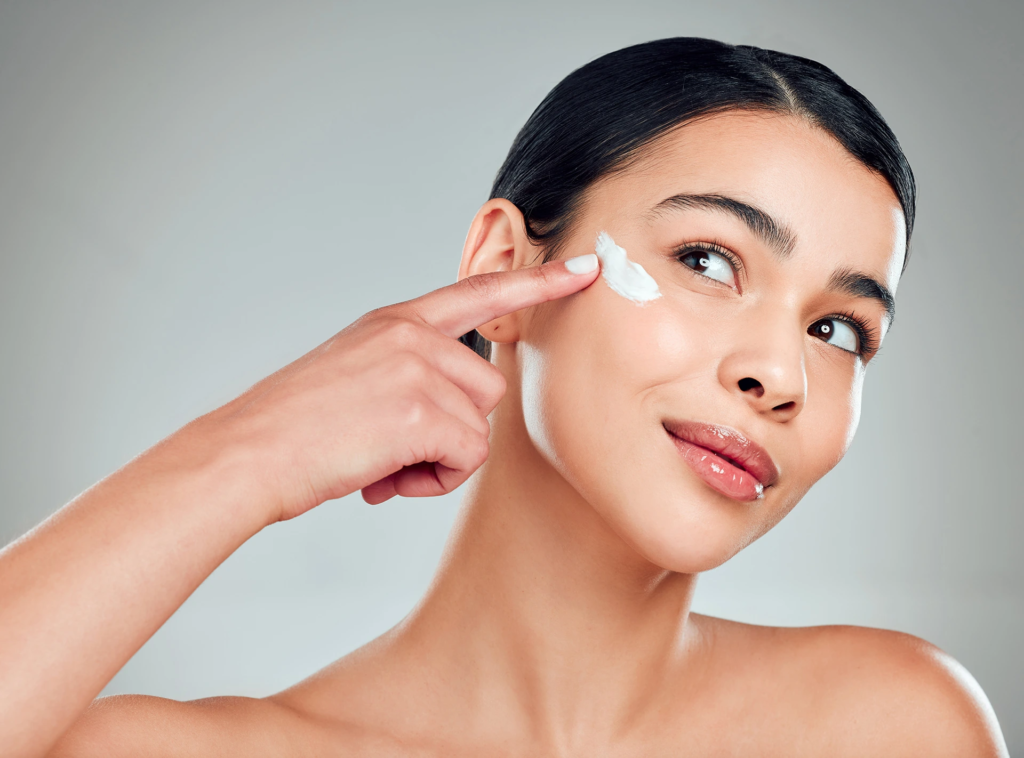When it comes to achieving radiant, healthy skin, understanding your skincare routine is key. Questions like how to layer skincare, how long does sunscreen last on skin, how to hydrate skin, and can dry skin cause acne often pop up for a reason: they’re all connected. By learning how to address each of these aspects, you can build a more effective regimen that suits your skin’s needs all year round.
The Importance of Layering: How to Layer Skincare
One of the most important foundational steps in skincare is understanding how to layer skincare correctly. Applying your products in the right order ensures maximum absorption and benefits from each ingredient.
Start with the thinnest consistency and move to the thickest. This generally means you begin with cleanser, toner (if you use one), serum, treatment products (like acne or anti-aging treatments), moisturizer, and lastly, sunscreen. For nighttime routines, sunscreen is obviously skipped.
If you’re using actives like retinol or vitamin C, learning how to layer skincare helps you avoid irritation and maximize effectiveness. For instance, layering a hydrating serum under a retinol cream can buffer the intensity and reduce dryness or flaking.
Wrong layering can lead to pilling, blocked pores, or reduced energy. So, knowing how to layer skincare isn’t just beauty advice—it’s a game-changer for your results.
The Sunscreen Timeline: How Long Does Sunscreen Last on Skin?

Whether you’re indoors or outdoors, one question remains crucial: how long does sunscreen last on skin? Many people think a single morning application lasts all day, but that’s far from the truth.
Typically, sunscreen effectiveness starts to wear off after about two hours—especially if you’re exposed to sunlight, sweating, or swimming. Even if you’re indoors, the UV rays from windows can affect your skin, so reapplication still matters.
Knowing how long does sunscreen last on skin becomes vital when you’re actively protecting your skin from sunburn, premature aging, and hyperpigmentation. Physical (mineral) sunscreens tend to last a bit longer than chemical ones, but all types require reapplication every 2–3 hours for optimal protection.
So the answer to how long does sunscreen last on skin is: not as long as most people think. Carry a compact SPF mist or powder for quick touch-ups throughout the day.
Staying Moisturized: How to Hydrate Skin

Now let’s talk hydration, a key to achieving that plump, glowing complexion. Understanding how to hydrate skin is about more than slathering on a moisturizer—it’s a full hydration strategy.
First, use a soft cleaner that doesn’t strip your skin. Follow it with a hydrating toner or substance. Then apply a serum with humectants like hyaluronic acid or glycerin. These ingredients draw water into the skin. Next comes your moisturizer to lock in all that goodness.
Learning how to hydrate skin also means making lifestyle adjustments—drink plenty of water, use a humidifier, and avoid hot showers that dry out the skin.
Those who know how to hydrate skin effectively also understand the importance of nighttime care. Your skin loses moisture overnight, so sealing your products with an occlusive like a thick cream or facial oil helps prevent transepidermal water loss.
Mastering how to hydrate skin isn’t just for people with dry skin; even oily and acne-prone skin needs moisture to maintain a healthy barrier and proper function.
The Hidden Link: Can Dry Skin Cause Acne?

It might seem theatrical, but the solution to can dry skin cause acne is yes. Dryness can lead to an overproduction of sebum (oil), which clogs pores and triggers breakouts.
When your skin is dehydrated or stripped of its natural oils—often from harsh cleansers or overuse of exfoliants—it compensates by producing more oil. This overproduction is a leading contributor to acne.
Another aspect of can dry skin cause acne lies in the skin’s protective barrier. When this border is compromised, hassles and bacteria can spike more easily, improving rash and escapes.
So, can dry skin cause acne? Absolutely. That’s why even those with acne-prone skin should never skip hydration. Proper moisturizing reduces the risk of inflammation, balances oil production, and strengthens the skin’s defenses.
If you’re asking yourself, can dry skin cause acne, take a closer look at your routine. Are you using drying ingredients like alcohol or skipping moisturizer entirely?
Don’t underestimate the value of knowledge in your skincare journey. Once you learn how to layer skincare properly, choose the right sunscreen (and know how long does sunscreen last on skin), and really commit to learning how to hydrate skin, you’ll notice your breakouts, dryness, and dullness start to fade. And if you ever ask again, can dry skin cause acne? You’ll already know the answer—and how to prevent it.
FAQs
Q1: How to layer skincare when using multiple serums?
A: Apply serums from thinnest to thickest texture. Use water-based serums first (like hyaluronic acid), followed by oil-based or thicker ones (like vitamin C or niacinamide). Wait a minute between layers to let each absorb.
Q2: How long does sunscreen last on the skin during swimming or sweating?
A: If you’re swimming or sweating, sunscreen lasts only about 40 to 80 minutes depending on the formula. Always reapply immediately after toweling off.
Q3: How to hydrate skin during winter months?
A: Use a heavier moisturizer with occlusive ingredients like shea butter or ceramides. Layer a hydrating serum under it, and consider using a humidifier indoors. Avoid over-exfoliating, which can worsen dryness.
Q4: Can dry skin cause acne in oily skin types too?
A: Yes. Even oily skin can become dehydrated, leading to increased oil production and more breakouts. Use a lightweight, non-comedogenic moisturizer to maintain balance without clogging pores.
Q5: How to layer skincare with retinol and niacinamide?
A: Start with a hydrating toner or serum, apply niacinamide first (if it’s in a serum form), wait a few minutes, and then follow with retinol. Always end with moisturizer. This reduces irritation and enhances benefits.
Q6: How long does sunscreen last on skin if you’re indoors all day?
A: Even indoors, sunscreen can wear off due to facial movements or touching your face. Reapply every 4–6 hours if you’re near windows or screens, or at least twice a day to be safe.
Q7: How to hydrate skin naturally?
A: Drink water consistently, eat water-rich foods (like cucumber and watermelon), and apply products with natural humectants like aloe vera and honey. Avoid drying ingredients like sulfates or alcohol.
Q8: Can dry skin cause acne even if you’re not using harsh products?
A: Yes. Environmental factors like cold air, low humidity, or hot showers can dry out the skin and trigger acne—even if your products are gentle.



